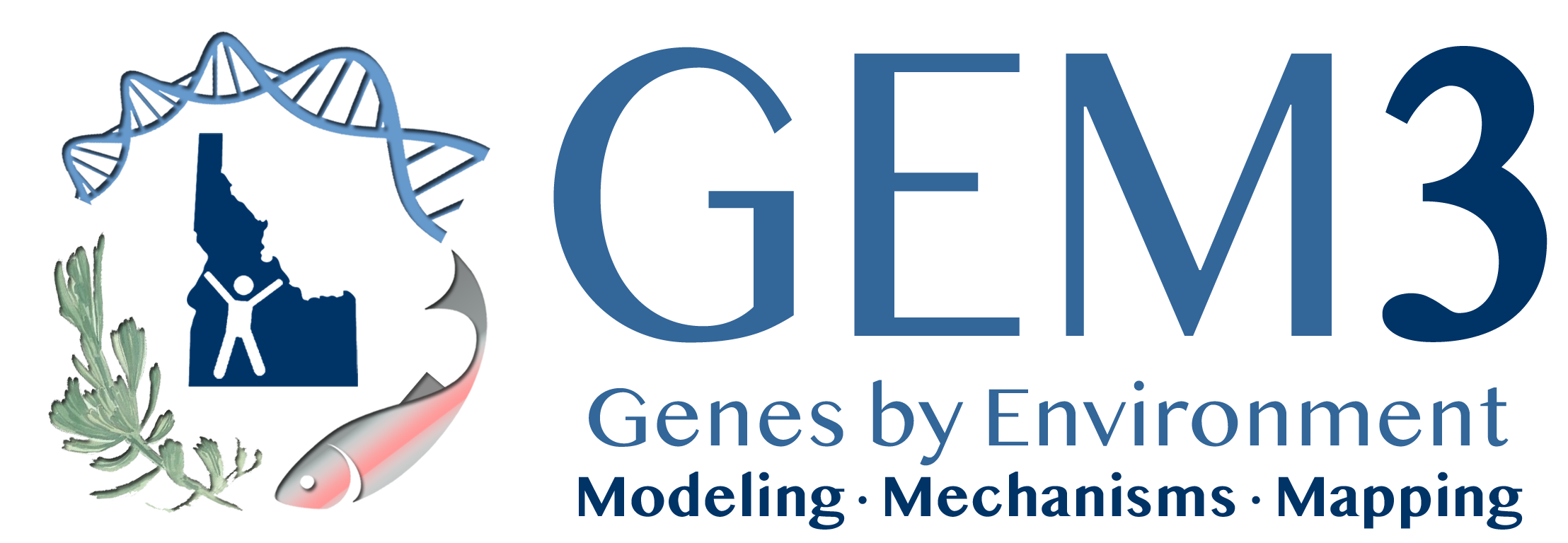Purpose of Review
Ecological models can provide critical guidance to conservation programs both as problem-solving tools and by projecting future outcomes, specifically when time and resources limit directly testing alternative management approaches and scenarios. Due to the complexity of aquatic systems, environmental and climatic factors co-vary, multiple risk factors interact, and driving ecological and evolutionary processes are characterized by non-linear, higher-order interactions. Recent modeling advancements allow for better accounting of variation across time and space in ecological and genetic processes, but more progress is needed to inform conservation and address biodiversity decline. Modeling approaches that can explicitly incorporate the ongoing, rapid transformation of climate and landscapes and demogenetic and eco-evo consequences are useful for supporting and informing conservation planning strategies. In this narrative perspective, we present the history and role of individual-based models (IBMs) in aquatic systems to guide management.
Recent Findings
We present exemplary cases that cover (1) the conservation and management of native species in systems impacted by invasive species, (2) life history evolution impacts on the management of fisheries, (3) predictions of the interaction between changing environments and management decisions, and (4) testing factors that drive system dynamics in order to prioritize management decisions. We summarize potential platforms and software available to researchers and managers and discuss future opportunities and challenges.
Summary
While this review focuses on the use of IBMs in aquatic systems, we assert that this foundational knowledge is applicable across systems and encourages researchers and managers to consider incorporating individual-based modeling perspectives to inform conservation as appropriate.
Iterative model process, starting with the co-development of research questions among researchers and managers which can be applied to individual-based models to co-develop research and build toward making management decisions. After determining questions which need to be answered with simulations of individuals, factors within the environment will need to be selected, with an understanding of simplifying assumptions and pieces not captured by reality. Then, researchers should decide either the software or, if developing the model from scratch, the coding language (Table 1). After that, empirical data will need to be collected and the literature reviewed to parameterize the model. Once the model is created, it can be validated and evaluated, and then, researchers should complete a sensitivity analysis of model outcomes to different parameters. This can lead to inferences about model structure and the system, which may result in the need to collect more data and better parameterize the models. Conversely, these inferences may lead to sharing the results with collaborators and then publishing. This process may be implemented within structured decision-making and adaptive management but may also be pursued independently
| GEM3 author(s) | |
| Year published |
2023
|
| Journal |
Current Landscape Ecology Reports
|
| DOI/URL | |
| Keywords |
Ecology
Agent Based Models
Mathematical Models
|
| GEM3 component |
Modeling
|
| Mentions grant |
Yes
|

